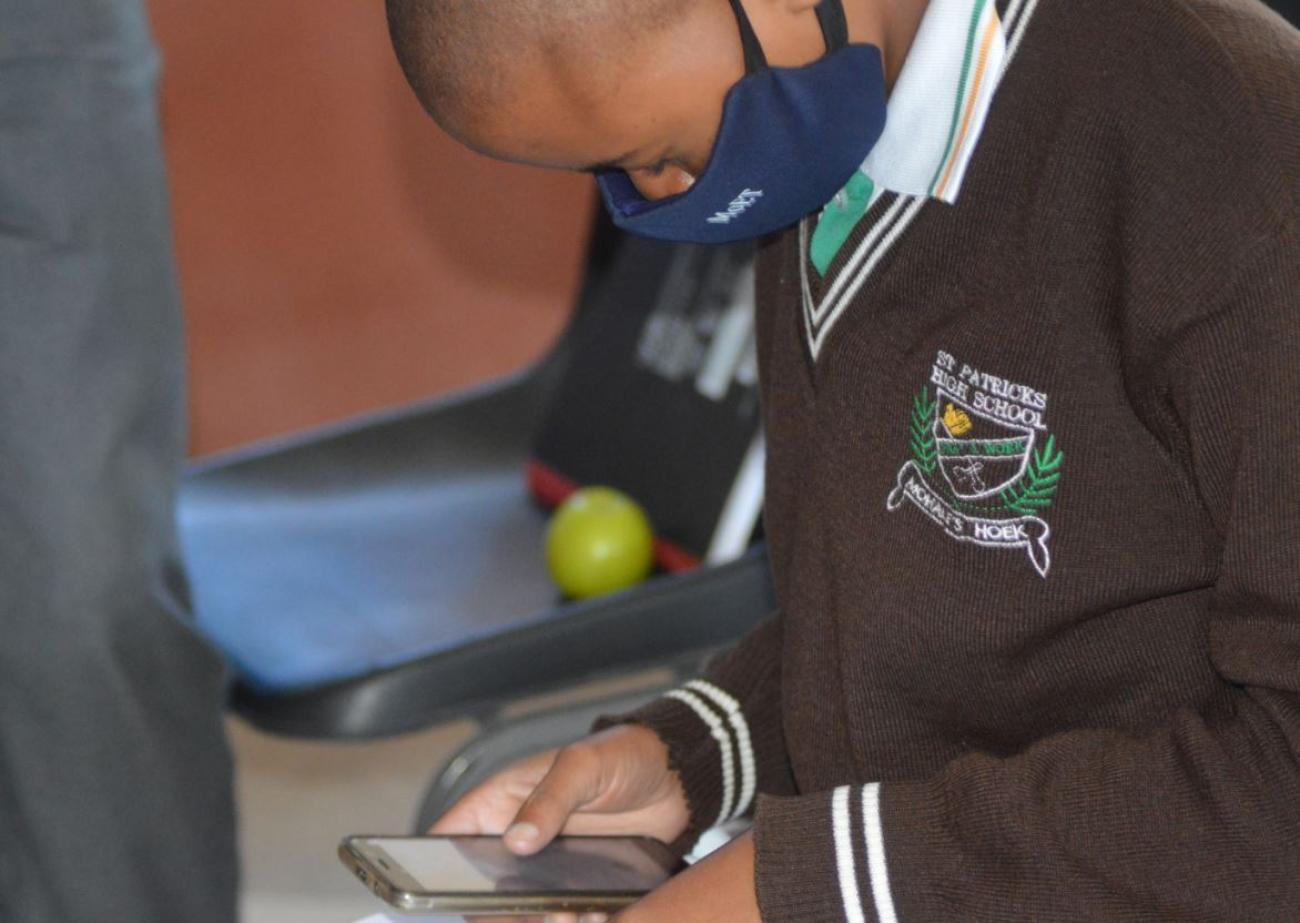Protecting children from exploitation on the internet

As children are exposed to the internet, they also need to be protected.
The internet is an increasing part of today’s culture, it is transforming the lives of children and young people all over the world. Access to the internet and mobile devices empowers young people in areas like education and social networking but it also poses a threat to their wellbeing, wherever they are in the world.
Children are often the digital pioneers-trying out new opportunities before most adults catch up. They are learning to navigate the world, and they tend to be enthusiastic and trusting. The flip side of these wonderful qualities is that they can lack caution and the ability to recognize when they might be at risk. When we meet people face to face, they often give us multiple signals that help us understand whether their intentions are good or unpleasant. The internet masks these signals and it is far more difficult to tell whether a person you meet online really is who they say they are. That is why it is so vital that children are taught how to use the internet safely.
An important role in enabling children’s safety on the internet is to help them understand the concepts of risk and safety online, which will allow them to make independent informed decisions.
Children and young people face a broad spectrum of risks when they use the internet. Some are threats to their safety or privacy. Others may result from children intentionally or unintentionally violating laws. Exposure to inappropriate images or content, whether accidentally or deliberately, online bullying or harassment(cyber-bullying), and revealing personal information that can make a child vulnerable or open to fraud are some of the risks they face online.
Technology has given birth to cyber-bullying. To put it simply, cyber-bullying refers to the misuse of information technology with the intention to harass others. It comes in various forms. It doesn’t necessarily mean hacking someone’s profile or posing to be someone else. It also includes posting negative comments about somebody or spreading rumours to defame them. As everyone is caught up on the social network, it makes it very easy for anyone to misuse this access. Cyber-bullying has become very common nowadays. It disturbs the peace of mind of a person. With so much negativity on social media, more and more kids are experiencing anxiety and depression. In addition, they indulge in self-harm. It also results in a lot of insecurities.
Cyber-bullying prevention is the need of the hour. It needs to be monitored and put to an end. There are various ways to tackle cyber-bullying. Firstly, children should be taught to never share their personal information online. Secondly, they should avoid posting sexually provocative pictures of themselves. Also, personal matters should never be discussed online.
Awareness is the key to prevent online harassment. We should make children aware from an early age so they are always cautious. Moreover, parents should monitor theirs children’s online activities. Most importantly, cyber-bullying must be reported instantly without delay, as this can prevent further incidents from taking place.
Children must be allowed access to the media, including digital and social media. This relationship between the child and media is an entry point to the world of children and their rights to education, freedom of expression, and to be heard. The media has an important role to play in protecting and promoting the rights of the child.
With U-Report empowering and connecting young people around the world to engage with and speak out on issues that matter to them, I believe only young people can truly help improve the lives of other young people because we know their struggles. We can be part of the solution by speaking out. Our voices are positive and inspire change.





